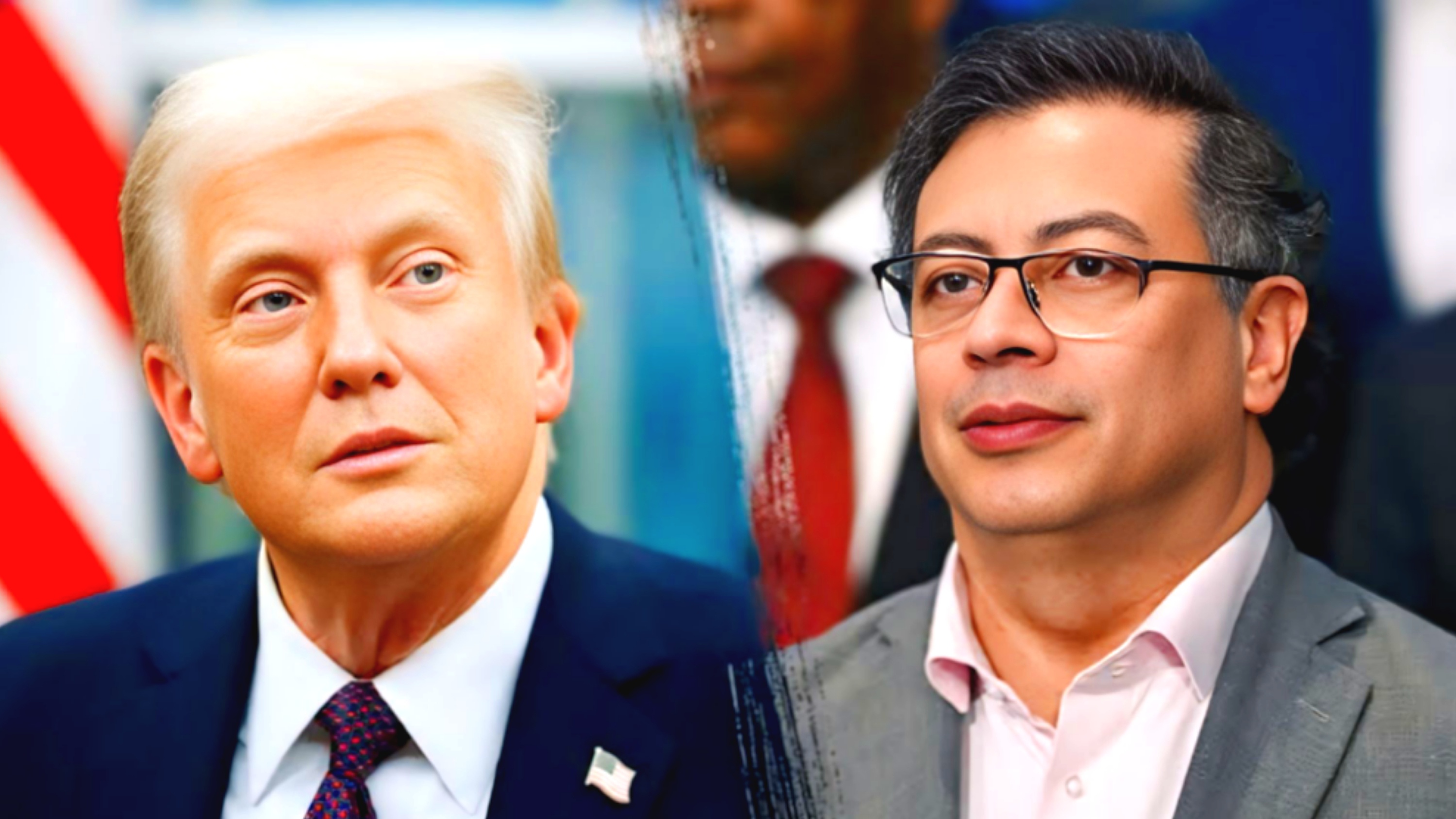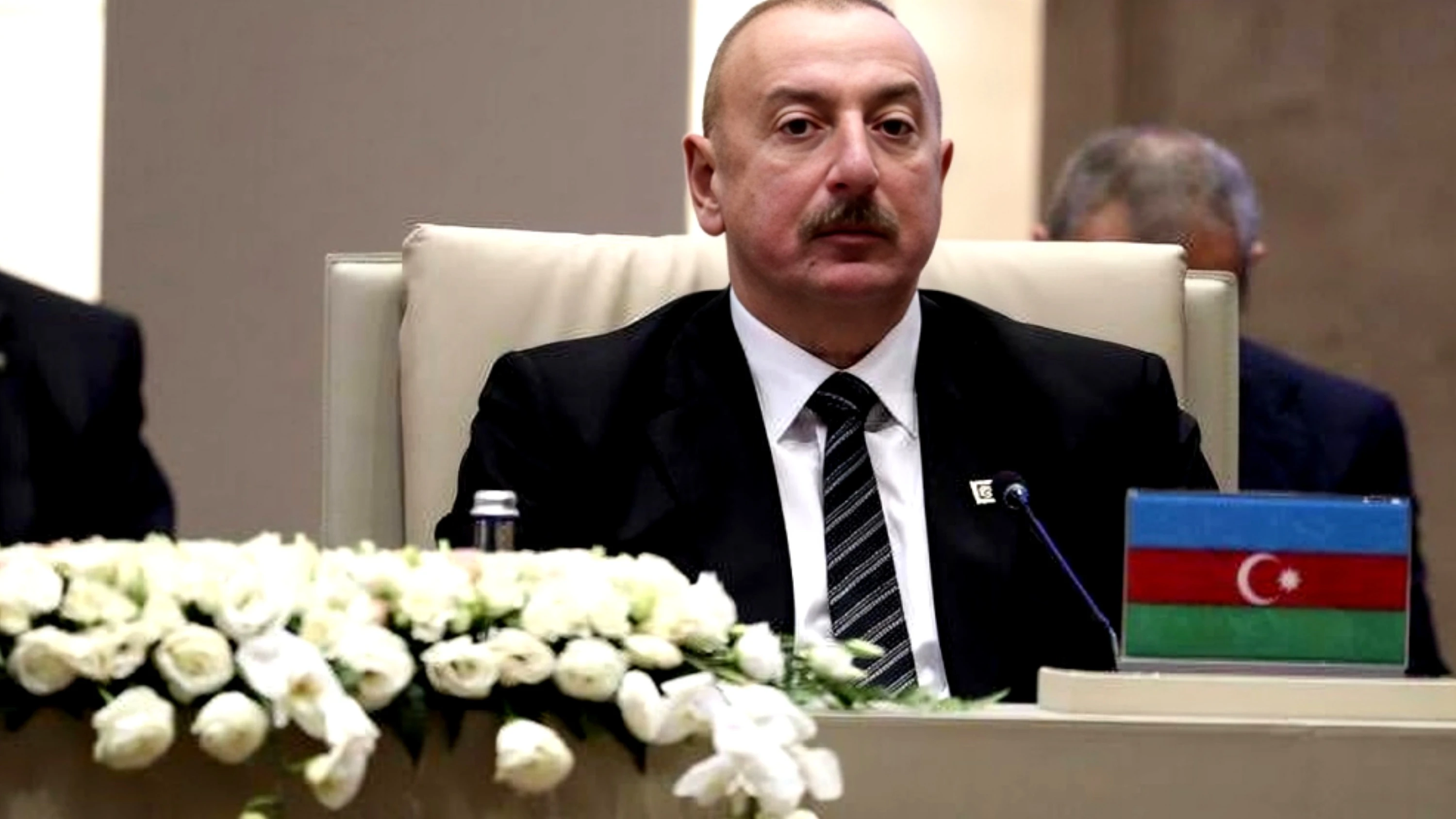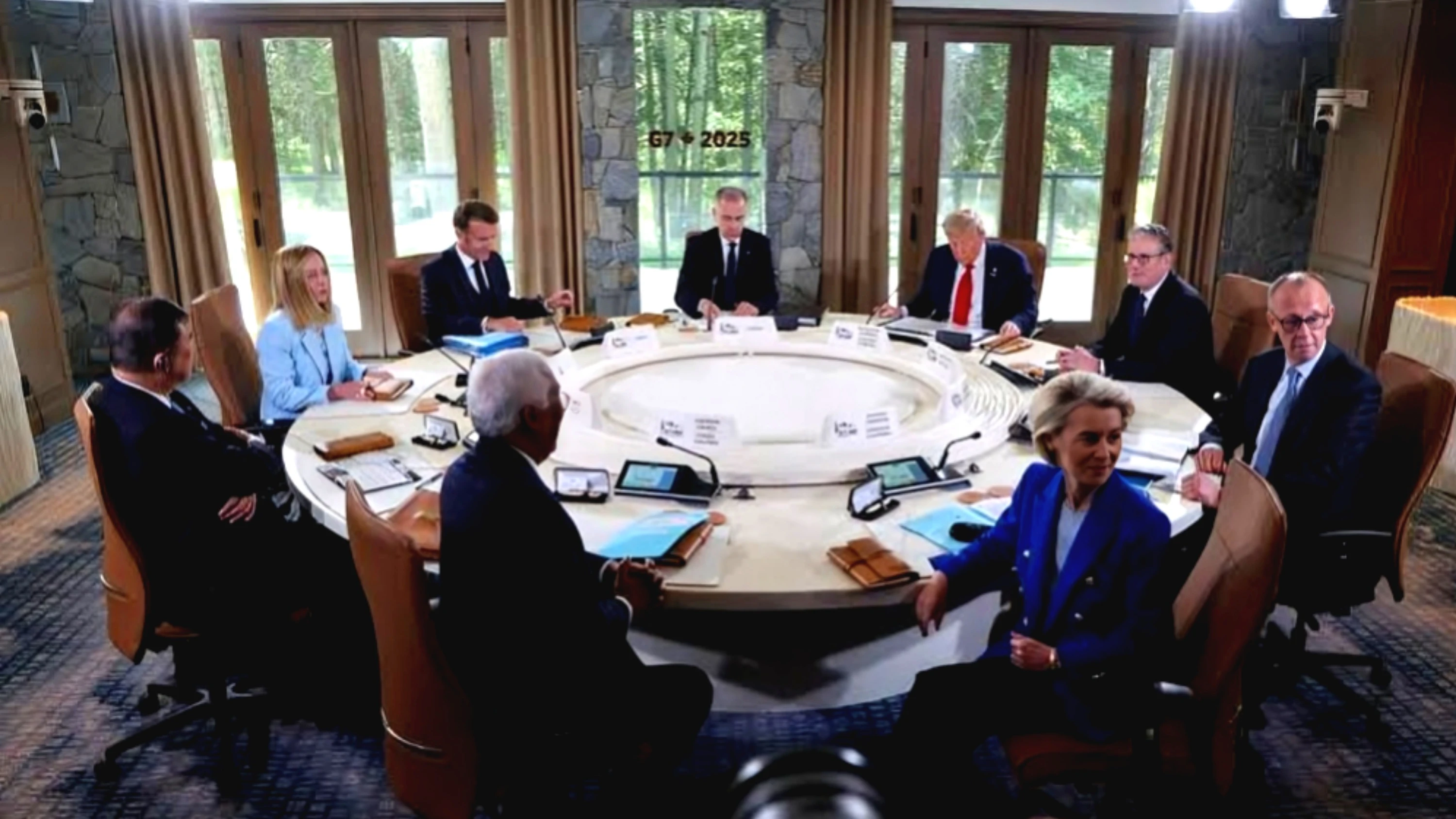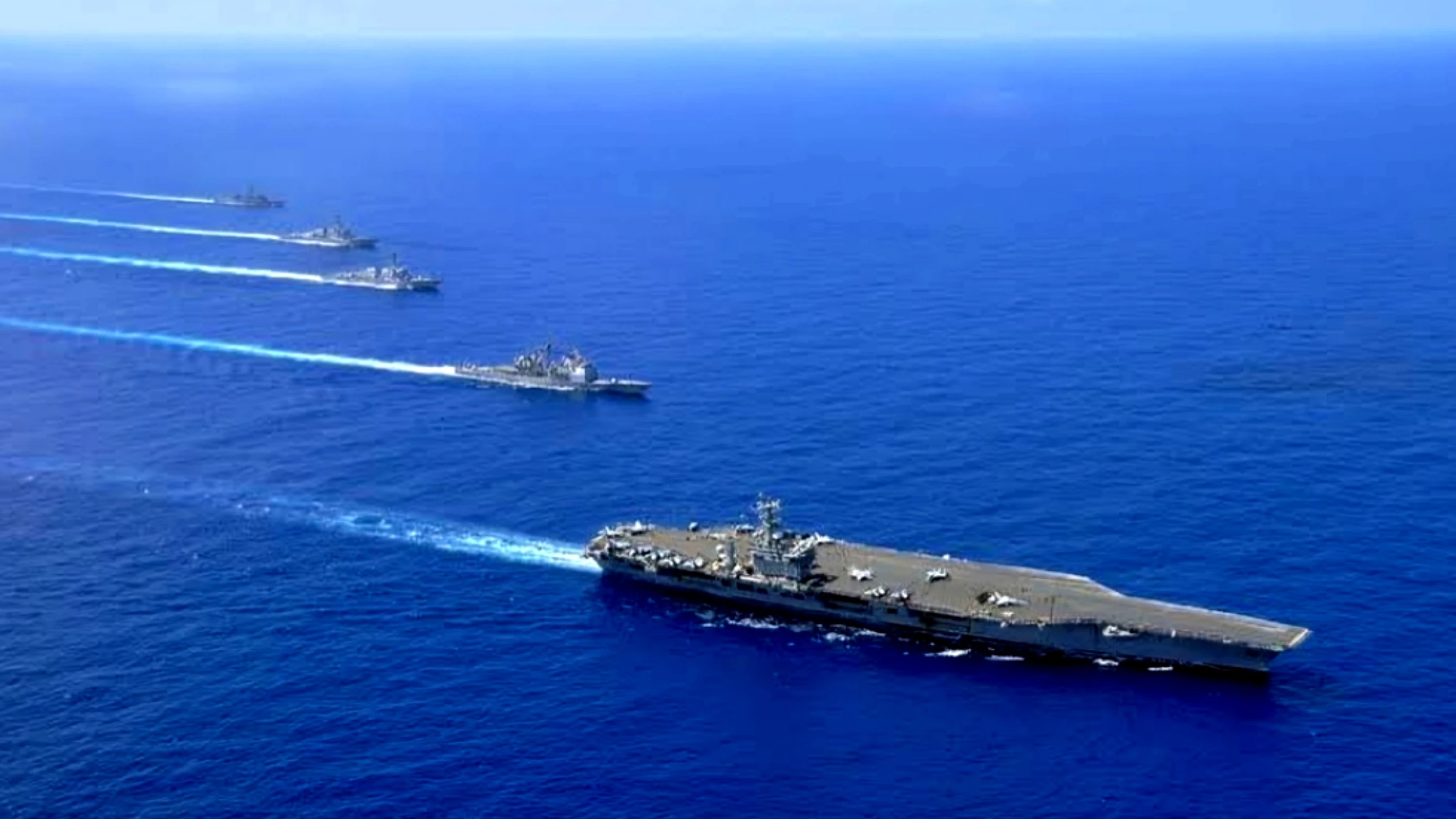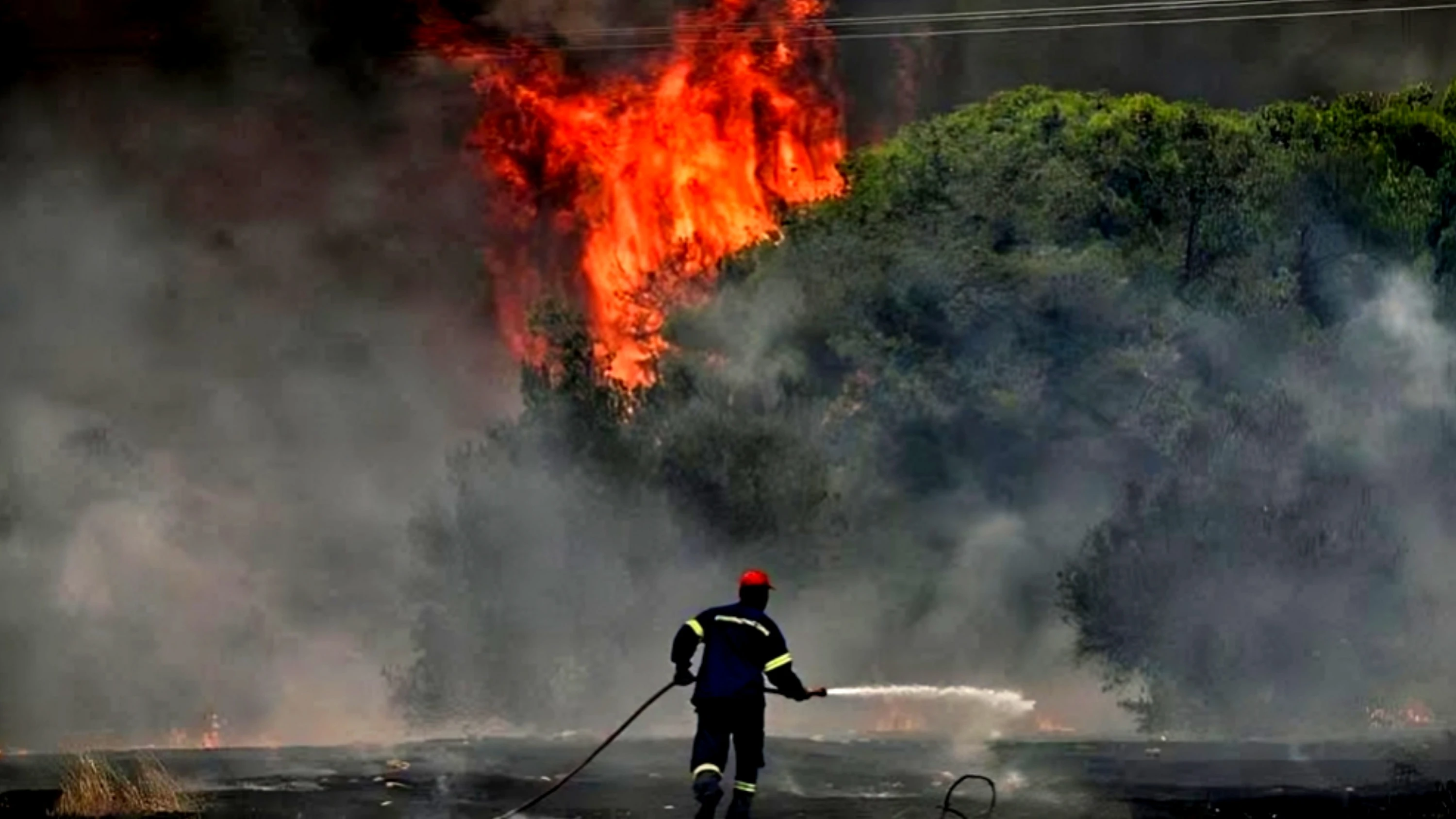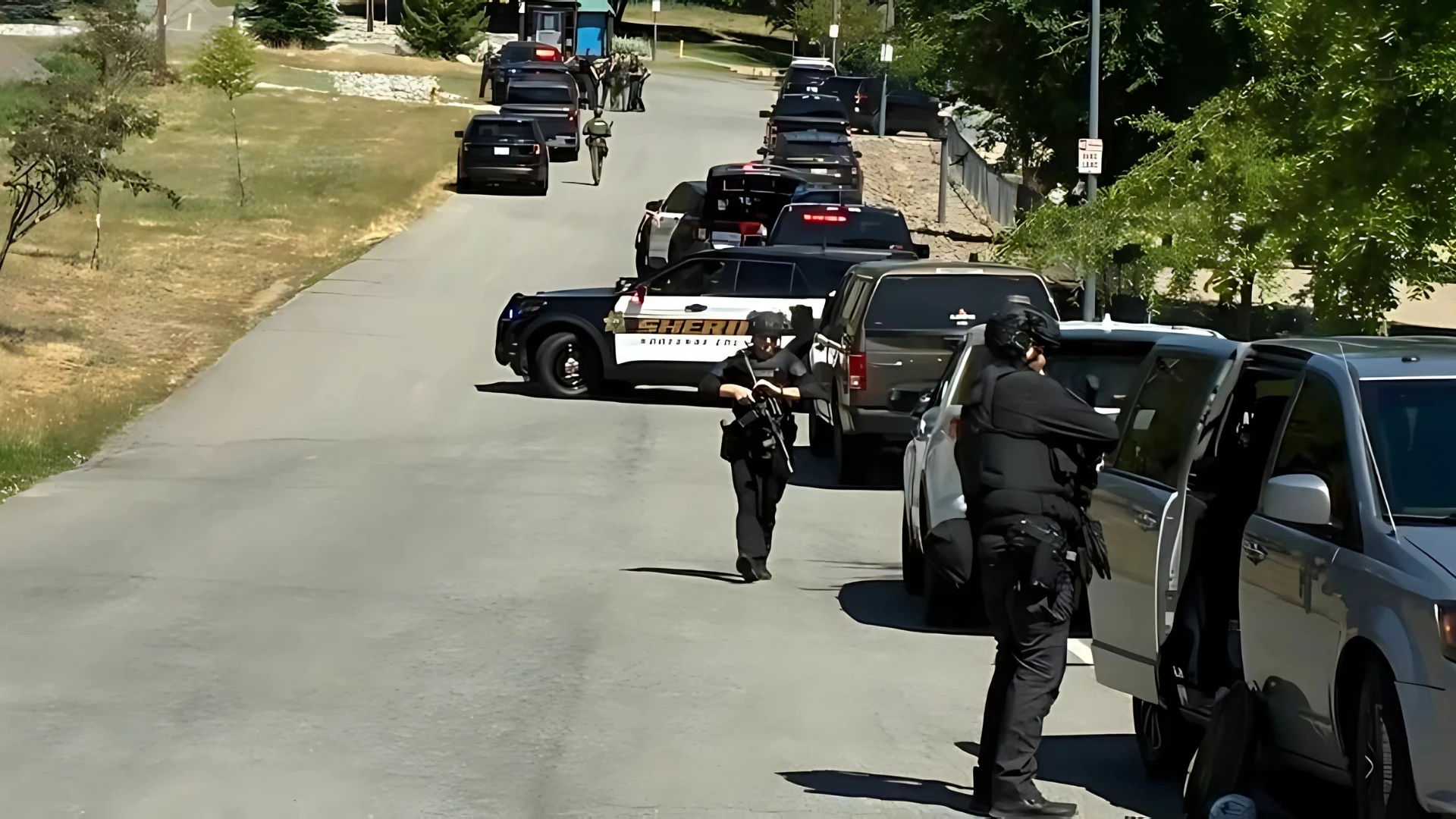Washington: The White House announced late Sunday that Colombia has agreed to allow U.S. deportation flights carrying repatriated migrants to resume, following a tense standoff earlier in the day. The conflict began when two U.S. military planes carrying deportees were denied entry into Colombia, prompting a series of retaliatory threats from President Donald Trump.
Colombian President Gustavo Petro initially blocked the flights, objecting to the use of military aircraft and claiming that the U.S. was treating Colombian migrants as criminals. In response, Trump announced sweeping measures, including a 25% tariff on Colombian imports, a travel ban for Colombian citizens, and visa revocations for Colombian officials. Trump described these actions as necessary to ensure Colombia adhered to its obligations regarding the return of deported individuals.
Hours later, Petro threatened reciprocal tariffs on U.S. goods and criticized Trump’s actions, but signaled that civilian aircraft could be used for repatriation. By Sunday evening, a compromise was reached, with both nations agreeing to resume deportation flights, including the use of U.S. military planes.
White House press secretary Karoline Leavitt confirmed that Colombia would accept the deportees without restrictions, and that the U.S. would pause tariffs and sanctions pending compliance with the agreement. However, other measures, such as visa restrictions for Colombian officials and stricter inspections on Colombian nationals and cargo, will remain in place until the first flight successfully lands.
Colombian Foreign Minister Luis Gilberto Murillo later confirmed that deportation flights had resumed, marking an end to the immediate crisis.
The diplomatic standoff was the first major international dispute over immigration during Trump’s second term.
Secretary of State Marco Rubio accused Petro of authorizing the flights and later rescinding approval mid-flight. Petro denied this, saying he would never allow deportees to be transported in handcuffs.
The clash follows recent U.S. efforts to use military planes to expedite the deportation of migrants. Similar issues arose with Brazil, where a U.S. flight carrying deportees faced criticism over poor conditions and treatment of passengers and Mexico rejecting permit to US planes carrying migrants to land.
Colombia is a key U.S. ally, but the tariff threats raised concerns over potential economic fallout. Colombian exports to the U.S., including coffee and minerals, could face higher costs, potentially impacting thousands of families reliant on those industries. Economic analysts and trade groups urged both nations to prioritize diplomacy to prevent further damage to bilateral relations.


